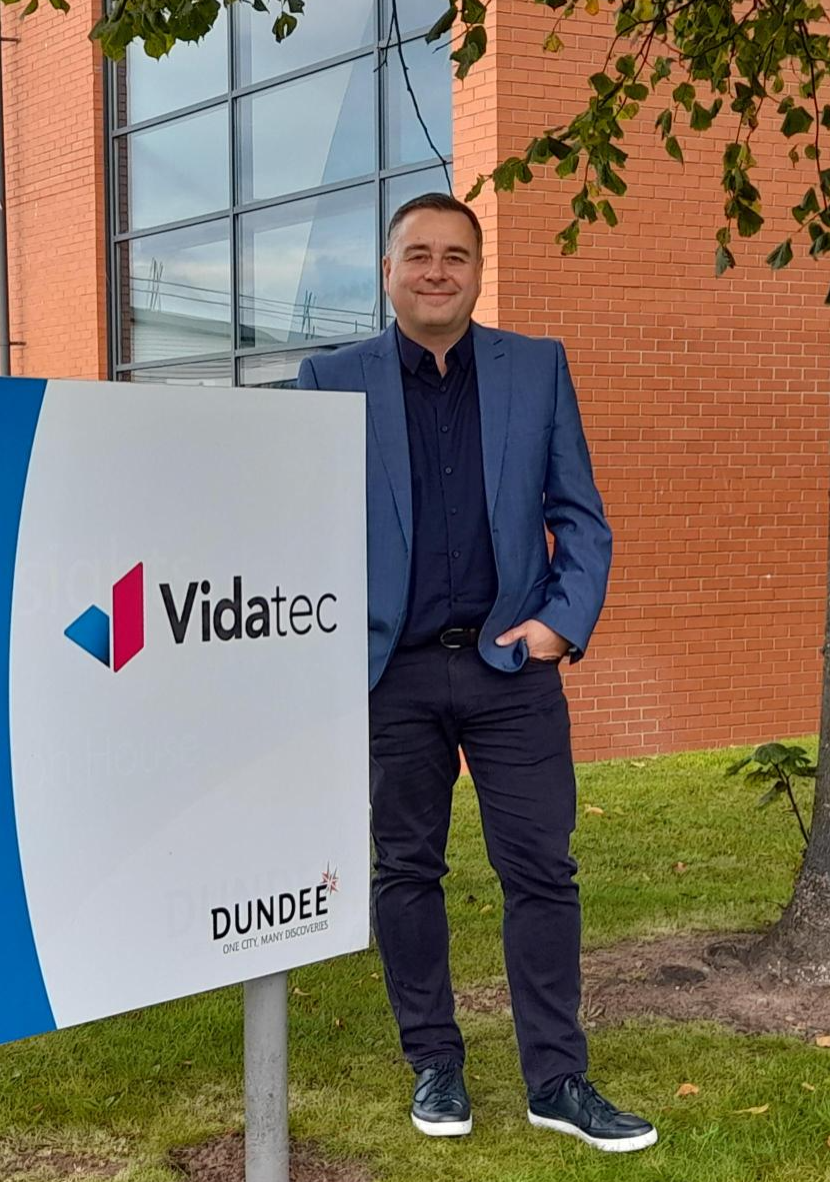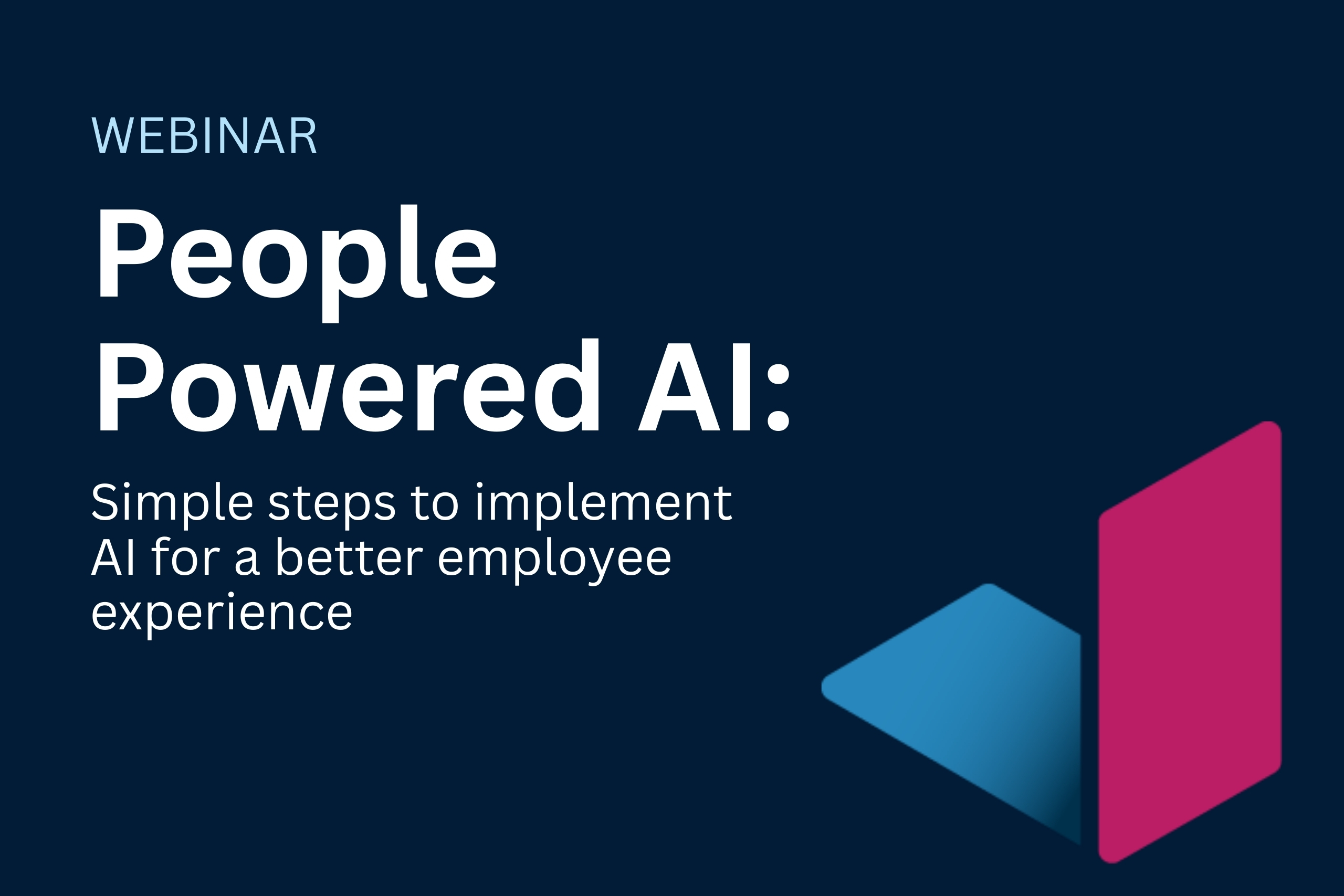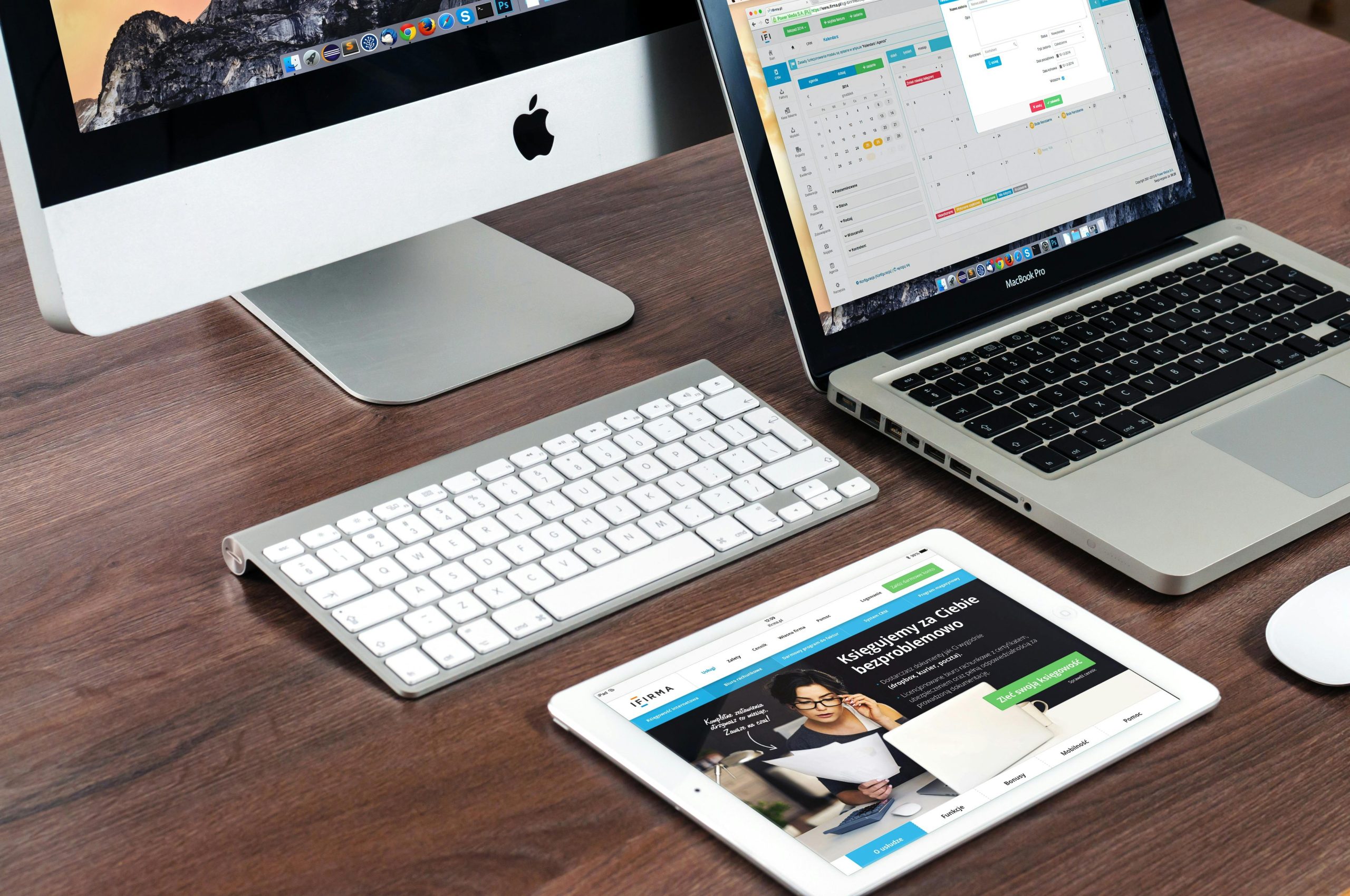AI Tools for Employee Experience: How Technology is Redefining the Workplace
Why AI Matters for Employee Experience
Employee experience (EX) is no longer a “nice to have”, it’s a core driver of engagement, retention, and productivity. Organisations that invest in their people reap the rewards in innovation, collaboration, and performance. But as hybrid work becomes the norm and employee expectations evolve, companies need smarter ways to listen, support, and empower their teams.
This is where AI tools for employee experience come in. From personalised learning platforms to intelligent wellbeing apps, artificial intelligence is helping businesses understand and enhance every stage of the employee journey.
In this blog, we explore how organisations can cut through the hype and make AI genuinely valuable for employee experience using our many years experience as AI consulting experts.
If you’re looking to improve engagement, reduce burnout, and rebuild confidence in AI, this guide is for you. Because when it comes to employee experience, success isn’t about adding more technology — it’s about choosing the right tools and using them well, as we learned in our work with Heineken.
How AI is Enhancing Employee Experience
1. Intelligent Onboarding
AI-powered onboarding tools streamline processes by tailoring training and resources to each new hire. Chatbots and digital assistants can answer questions 24/7, helping employees feel supported from day one.
Recommended Tools:
- Leena AI – Automates HR queries and onboarding tasks with conversational AI.
- ChatGPT-5.0 – Can be customised as a virtual onboarding assistant, providing instant answers and guidance.
Use Case:
A new hire in a global company uses an AI chatbot to navigate HR policies, training modules, and IT setup without waiting for email replies — reducing first-week stress and accelerating integration.
2. Personalised Learning & Development
AI analyses individual skills, performance, and career goals to recommend tailored learning pathways. This ensures employees receive training that is relevant and impactful.
Recommended Tools:
- Coursera for Business (AI-powered recommendations) – Suggests courses based on role and skill gaps.
- LinkedIn Learning with AI insights – Uses data to personalise learning journeys.
Use Case:
An engineer looking to move into management receives AI-curated courses on leadership and project management, keeping them engaged and progressing towards their career goals.
3. Employee Wellbeing & Engagement
AI-driven wellbeing platforms monitor stress, burnout risks, and engagement levels in real time. By surfacing insights, HR teams can take proactive steps to support employees.
Recommended Tools:
- Microsoft Viva Insights (with Copilot) – Provides wellbeing nudges and productivity insights.
- Headspace for Work (AI-enabled wellbeing tracking) – Helps employees manage stress with guided support.
Use Case:
AI flags that a team is consistently working long hours. Managers receive insights and introduce flexible scheduling and wellbeing resources, improving morale and retention.
4. Smarter Communication & Collaboration
AI enhances collaboration by streamlining knowledge sharing and breaking down silos. Natural Language Processing (NLP) can even analyse communication patterns to improve teamwork.
Recommended Tools:
- Microsoft Copilot – Integrates AI into Teams, Outlook, and Office for faster collaboration.
- Slack GPT – Automates updates, summarises conversations, and generates content directly in Slack channels.
Use Case:
A project team uses Copilot to generate meeting summaries and action items automatically, reducing admin time and ensuring alignment across hybrid teams.
5. Continuous Feedback & Performance Management
AI enables continuous listening and feedback loops instead of once-a-year reviews. This empowers managers and employees to have more meaningful growth conversations.
Recommended Tools:
- Culture Amp (AI-powered surveys) – Collects employee feedback with actionable insights.
- Qualtrics EmployeeXM – Uses AI to analyse sentiment and engagement at scale.
Use Case:
An organisation uses AI-powered pulse surveys to detect declining engagement in a remote team. Leaders address concerns in real time, preventing burnout and attrition.
Benefits of AI for Employee Experience
- Increased engagement – Employees feel valued with personalised support.
- Improved retention – Proactive wellbeing monitoring reduces attrition.
- Higher productivity – AI automates admin, freeing employees to focus on meaningful work.
- Stronger culture – Insights into sentiment and collaboration help nurture connected teams.
Considerations for Implementation
While AI brings huge opportunities, it must be used responsibly. Companies should:
- Ensure data privacy and transparency to build trust.
- Combine AI with human empathy – technology should empower, not replace, people.
- Continuously evaluate impact to refine tools and strategies.
The Future of Employee Experience is AI-Enabled
At Vidatec, we believe the future of employee experience lies in combining cutting-edge technology with genuine human insight. AI tools are not about replacing managers or HR teams — they’re about giving them the visibility, insights, and support they need to create an environment where people can thrive.
By adopting AI thoughtfully, organisations can unlock higher levels of engagement, wellbeing, and performance — ultimately driving business success.
Looking to explore how AI can transform your employee experience? Get in touch with Vidatec to discover how we can help you design digital solutions that put your people first and book a free 2 hour AI readiness assesment here.
Let Our Team Help Your Team
Take the Next Step to Delivering a Better Employee Experience Through AI with Vidatec
Learn More About our AI Consulting Services
We cut through the AI hype to help you understand what actually works in your specific situation. Drawing from 300+ real-world projects, we help you implement AI in simple, practical steps that actually stick and deliver results.
Watch our Expert Led AI Webinar Recording
Hear directly from our CEO, Ross Wilson, and CTO, Nick Welch, as they provide a framework to assess your organisation’s AI readiness and outline practical tools and strategies to implement a true human-first AI implementation.
Meet the author











